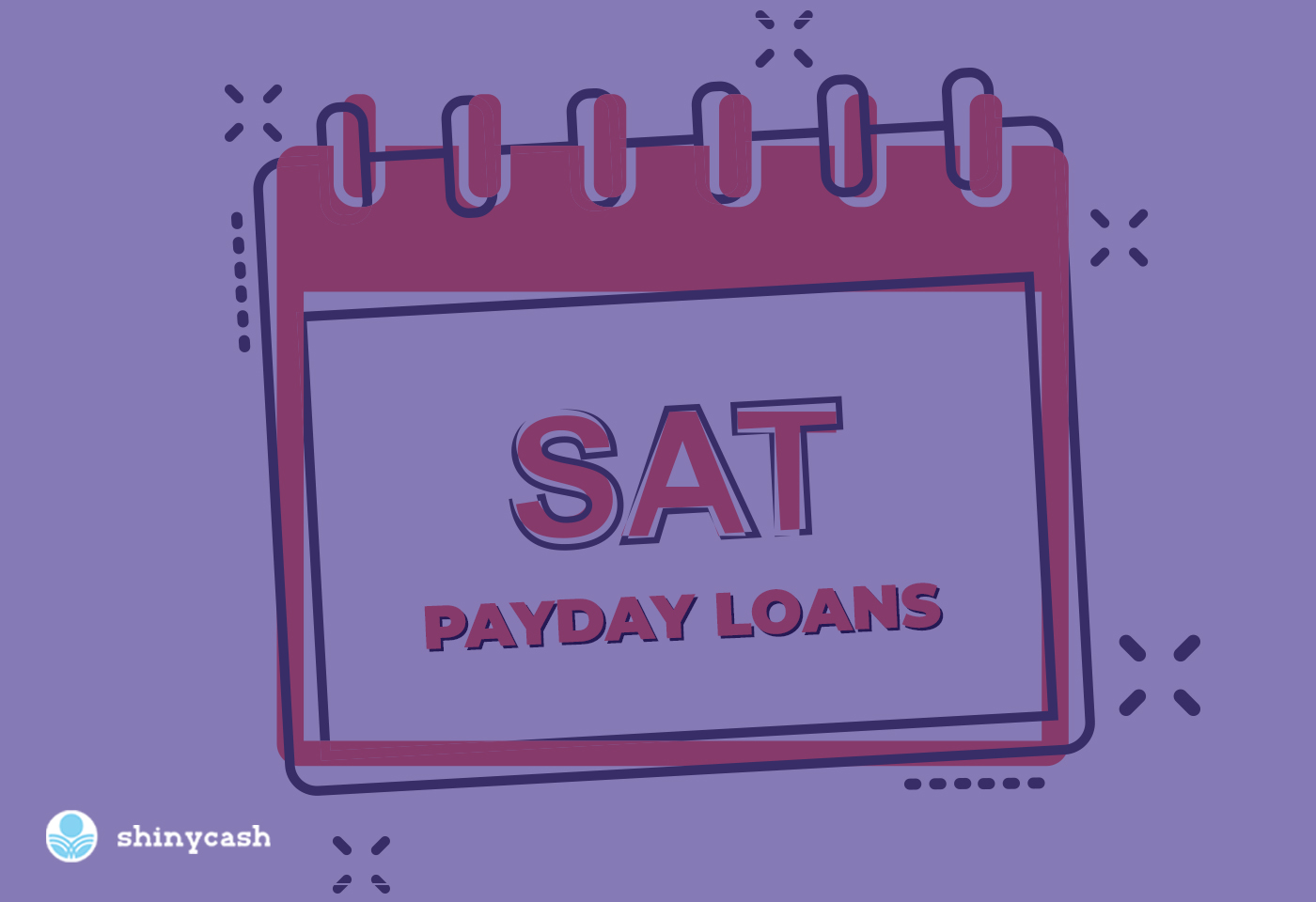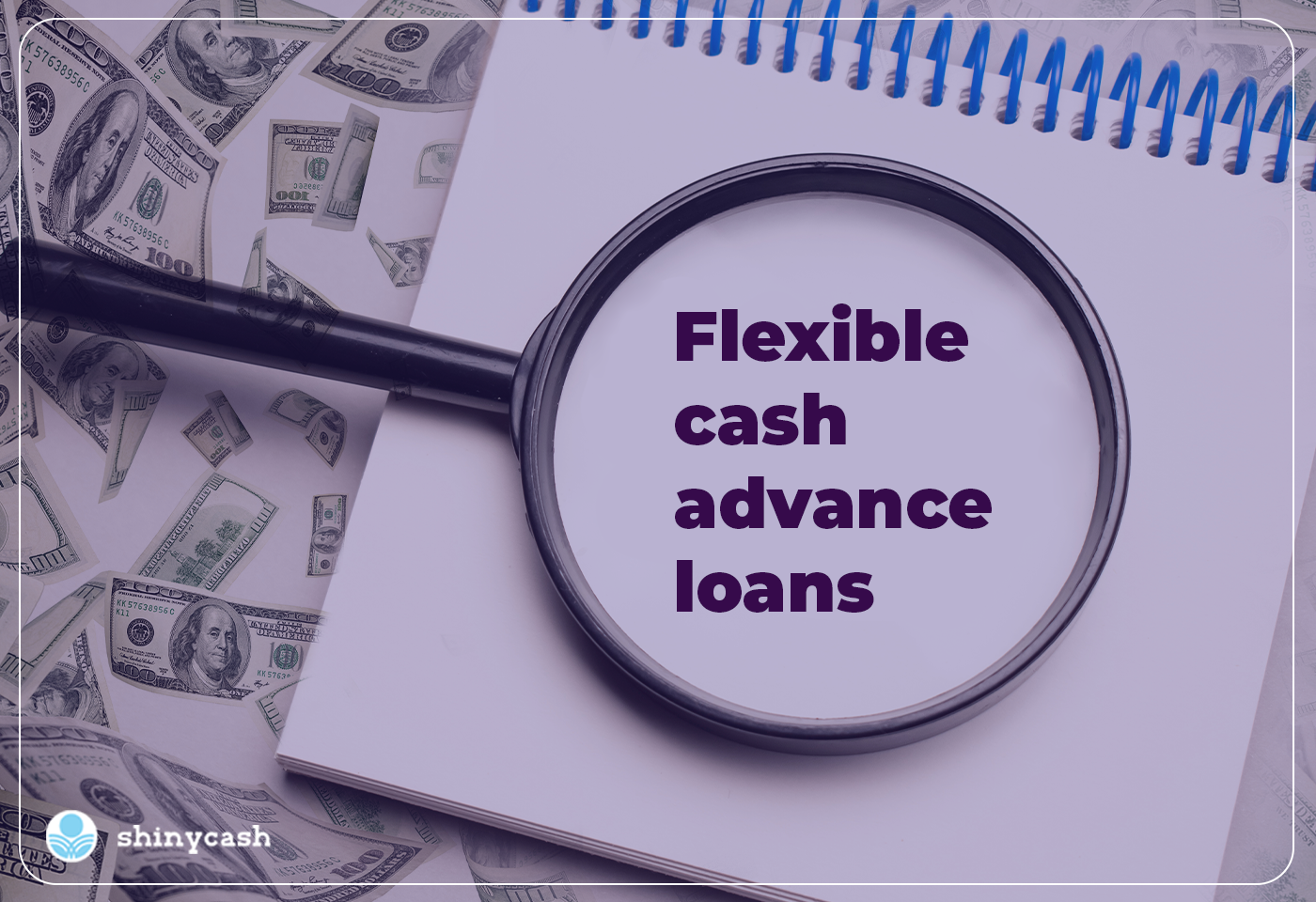A cash advance is essentially a short-term loan provided either by your credit card company or a lender. A cash advance may appear to be a simple way to obtain cash quickly, but it can cost you a lot of money in interest and fees. Thus, before taking out a cash advance, get acquainted with the terms, so you don't get caught off guard.
Cash advances come in a variety of forms, but the two most common ones are credit card cash advances and payday loans.
Credit Card Cash Advance
A credit card cash advance, by far the most common type of cash advance, allows to withdraw funds from a deposited check, an ATM, or a bank. When you get a cash advance, you're borrowing money from your credit card's line of credit. Credit card cash advances usually have a high-interest rate, perhaps higher than the rate on regular purchases: you'll pay an average of 24 percent – roughly 9 percent more than the average APR for purchases.
Payday Loan Cash Advances
Payday loans from online lenders can range from $100 to $2500, but they come with interest rates around $15 per $100 borrowed and APR that exceed 400%. The amount of the loan is determined by the online lender based on state regulations and the size of the applicant's income. If the loan is approved, the lender deposits funds into the client's bank account.
A payday loan cash advance is a short-term debt due within 31 days and must be repaid with the borrower's next paycheck. If you are unable to repay the debt, you borrow the money for another two weeks. This is referred to as a "rollover.” You must pay additional interest to roll over the loan.
About Cash Advance and Credit Scores
A cash advance does not directly impact credit scores, but it can indirectly affect your scores in a variety of ways.
If you take a credit card cash advance, it will increase your outstanding balance, which will significantly raise your credit utilization ratio, a measure used to calculate your score. High utilization rates are a significant sign of credit risk; if your ratio exceeds 40%, it can have a negative impact on your credit score.
Payday loans are not generally reported to the three major national credit reporting companies, so they are unlikely to have an impact on your credit scores. But if you do not repay your loan and your lender sends your debt to a collector, the latter may report this to one of the major credit reporting bureaus . Debts in collection may have a negative impact on your credit score.
The Benefits and Drawbacks of Cash Advances
Advantages
- Fast access to cash when you need it.
- No collateral is needed for quick access to unsecured funds.
- No underwriting or credit checks are required.
Disadvantages
- Relatively higher interest rates and APR.
- Only a short-term fix.
- Can linger and grow for months, trapping you in a debt cycle.
Recognizing the complexities of cash advances allows you to make wiser financial decisions.

.jpg)

.jpg)
.jpg)
.jpg)





